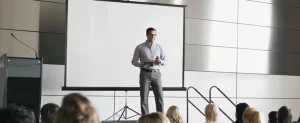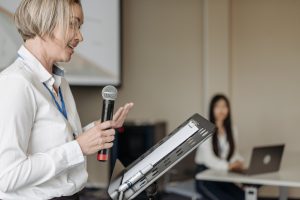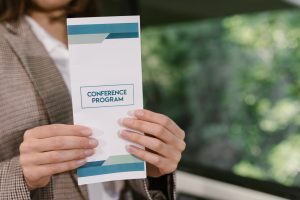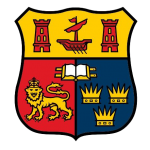
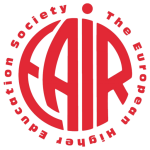
EAIR Forum Cork 2024
Track 6: Internationalisation and Sustainable Transnational Cooperation
Track Chairs: Dr Jean Van Sinderen Law, Professor Marijk van der Wende
Internationalisation and transnational cooperation initiatives provide a variety of routes to enrich institutions’ education and research programmes. Demands are increasing forgraduates with global experience equipped to collaborate and manage intercultural relationships and partnerships, and with the skills to compete internationally and innovate across borders, cultures, and economies.
Balancing the pressing issues of resources and funding with the potential for income generation through internationalisation brings to the fore important questions about sustaining higher education as a social good which also is bound to financial realities. The Track invites considerations around the following topics:
- What forms of strategic internationalisation and transnational education collaborations are impactful in sustaining constructive tensions between the local and global and between effective cultural integration and cultural identity?
- What considerations should universities have in determing an Internationalisation strategy and the strategic parternships required to operationalise same?
- What key models of best practice exist for transnational partnership/relationship building?
- The value to the workplace of graduates with transnational experience – an employers perspective?
- Best models of learning and teaching for a super-diverse student cohort?
- How do universities encourage, acknowledge and reward staff involvement in internationalisation?
- With reference to the European Univeristies Initiative, what have been the key outcomes/benefits for transnational cooperation and what bottlenecks with respect to transnational cooperation have been revealed and what are proposed solutions?
- On what basis do students decide which universities they will study, what are the guiding factors? For example is how institutions respond to the concept of impact/engaged research a factor which makes an institution an attractive place in which to learn and conduct research?
- How involved in stimulating and funding internationalisation and transnational cooperation initiatives are, and should, the governments of European member states be?
- Given the closing distance of the digital age in enabling greater connectivity and networking of institutions for education, research, and student mobility across the globe, what are the sustainability considerations of institutions’ international footprint in maintaining meaningful and deep partnerships?
- Innovative approaches to virtual and blended learning? What strategies and initiatives are being adopted by institutions in their internationalisation efforts to sustain and embed value-based education and research in the face of rising innovation and increasing demands for the economic utility of knowledge?
This track is chaired by:
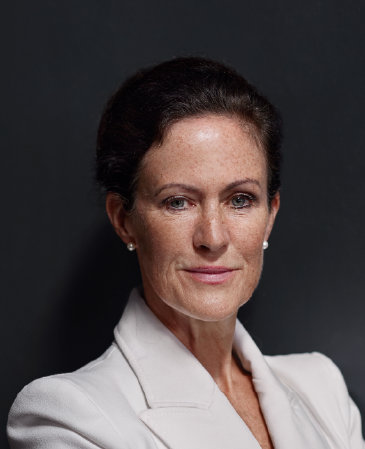
Dr Jean Van Sinderen Law
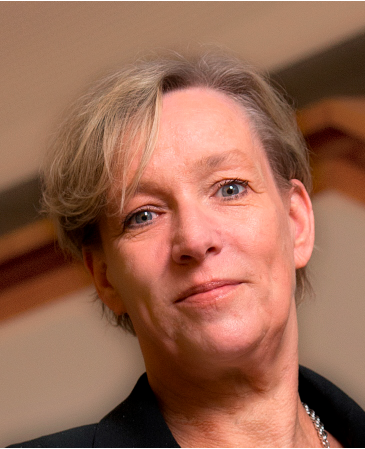
Professor Marijk van der Wende
Utrecht University | The Netherlands
Distinguished Faculty Professor of Higher Education at Utrecht University’s Faculty of Law, Economics and Governance.


